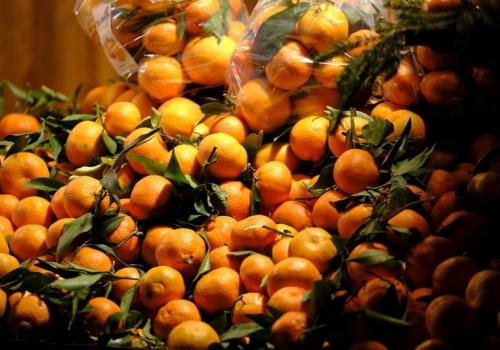Last week the U.S. Department of Agriculture’s Animal and Plant Health Inspection Service (APHIS) announced the authorisation of imports of South African citrus into all United States ports of entry. The announcement has been welcomed, because of the astronomical costs of transporting produce across a big country but, notes one exporter, there probably won't be rapid change. Relationships with cold stores and service providers have been built up over years, he says, but there will probably be small amounts next season to test the system. Cartons of oranges from the Western Cape inspected for the USA increased by 63%, clementines from the Western Cape by 82%. Inspected cartons of Northern Cape oranges rose by 68% and oranges from the Boland (from a low base) by 538%.
Heightened citrus consumption due to Covid-19 explains the increase. Rising exports are keeping track with the rise in late mandarin plantings in the Western Cape. Another announcement that would be welcomed, would be publication of the final rule allowing import of citrus from all of South Africa's growing regions. It is hoped that a change in administration in Washington might bring the final change to the current ruling under which only Western and Northern Cape citrus may be exported to the US. No live FCM detection in South African shipments over 2 years Previously South African citrus were only allowed to enter the United States at four ports with the cold treatment facilities and personnel required by the protocols regulating this trade. Under this arrangement the option existed to apply cold treatment to the fruit should the in-transit treatment not have been completed upon arrival. Their decision to include all ports, APHIS sets forth in their announcement, is based on intensive inspections for false codling moth on South African citrus over a two-year period at these four ports. "During that time, more than 2,000 shipments of citrus were imported with no detections of live false codling moth," the APHIS announcement reads.
